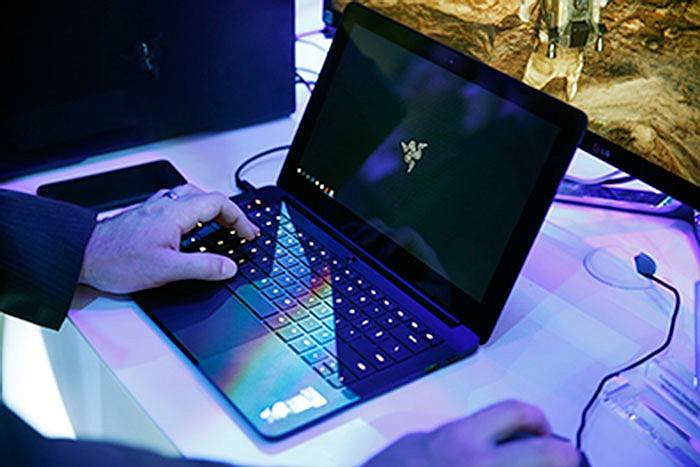Free laptops for full-time Lincoln University students are among the top considerations for how the university could use its remaining federal COVID-19 relief funds.
The Budget and Finance Committee of the Lincoln University Board of Curators met Tuesday to discuss federal COVID-19 relief funds provided through the CARES Act.
With $22,980,541 of its total allocation of $34,420,723 already spent, the committee is working on a few potential applications for the remaining $11,440,182.
One plan would be to use the funds to buy 2,000 new computers for students, faculty and staff, Sandy Koetting, vice president of administration and finance, told the committee.
Koetting said the laptops would ensure students, faculty and staff could continue the semester remotely if COVID-19 were to shut down campus again.
Preliminary quotes estimate the laptops will cost about $1,300-1,400 each, Koetting said, so the university would be looking to spend $2,870,000 on computers.
She said the laptops would include Microsoft Office and a three- or four-year warranty.
Koetting said 1,500 laptops should cover the university's full-time student population and the additional laptops could go to faculty and staff.
"We wanted to make sure we gave them a solid laptop that provided them an asset that basically would last their four years of college," Koetting said.
Victor Pasley, Board of Curators president, said the board will need to consider how sustainable it would be to provide laptops to incoming classes each year if they were to approve the one-time funds for this expense.
The university is also considering using the federal funds to recover funding cut through state appropriations.
A bulk of Lincoln's remaining federal funds fall into the category provided specifically for Historically Black Colleges and Universities, as opposed to portions designated for direct student aid or the institutional funds all colleges were provided.
These funds lack much of the same guidance provided for the other designated funds.
Lincoln has already used $7,442,085 to offset lost revenue since the spring 2020 semester, which was permitted by U.S. Department of Education guidance for revenue lost through drops in enrollment.
However, Ryan Sivill, a partner with BKD CPAs and Advisors, told the committee it's unclear if the federal relief funds earmarked for HBCUs can be used to offset state appropriations.
"I think it's important for governance and management here to be aware whichever direction you go on this, and I'm not trying to lead you one way or another, that this is firmly a grey area under current guidance from the Department of Education," Sivill said.
He said his firm works with other state higher education institutions who are considering using their funds in the same way.
Additional considerations for the leftover funds include screen and sound system updates to Richardson Fine Arts Center, HVAC air quality improvements, additional COVID-19 supplies and starting Lincoln's offbase programming at Fort Leonard Wood.

